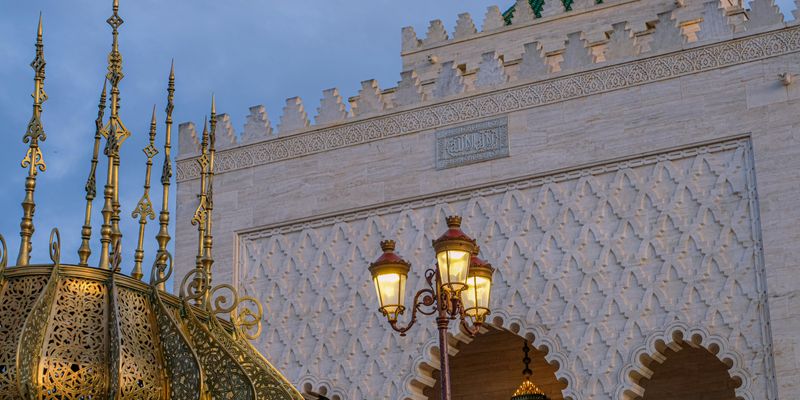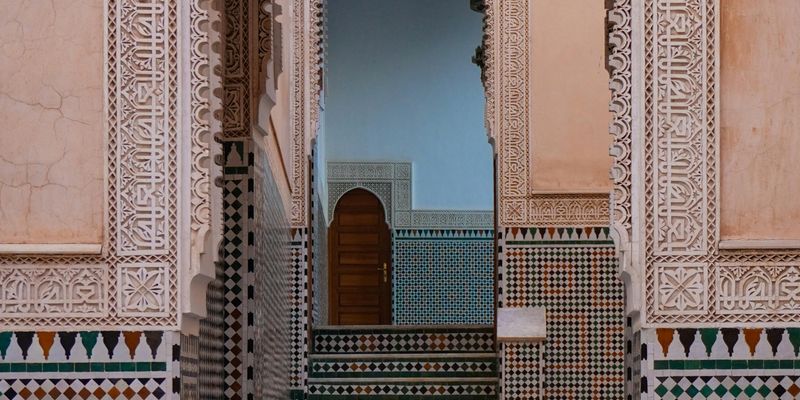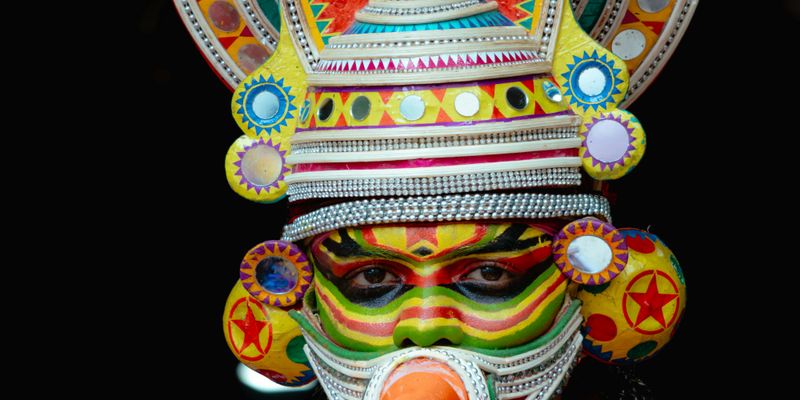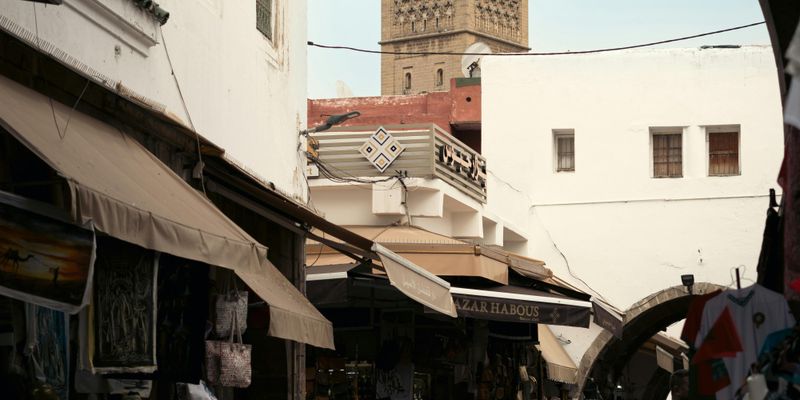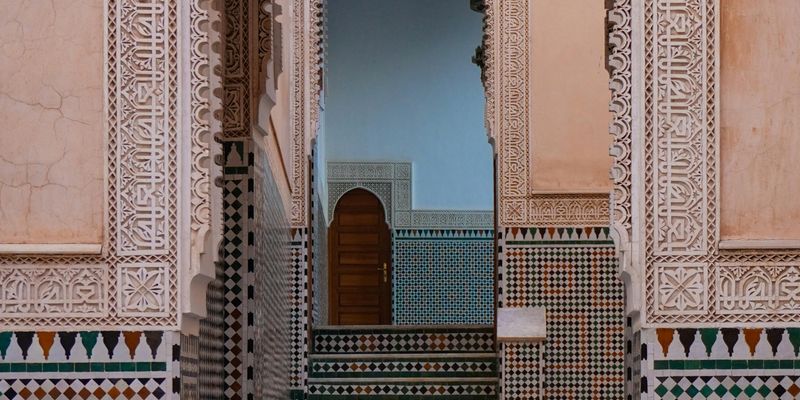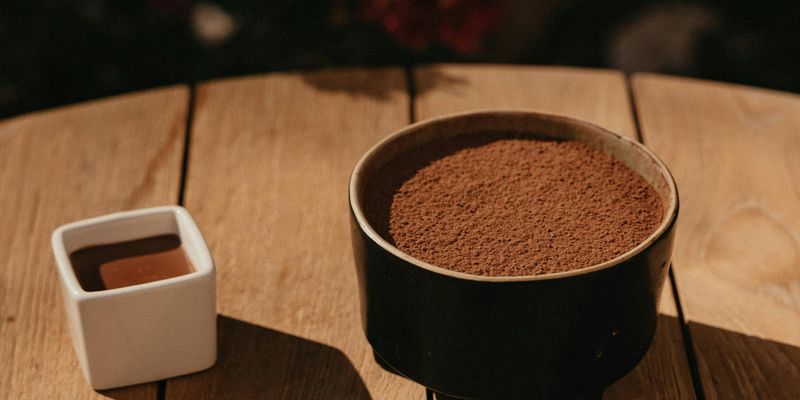
The Essence of Moroccan Cuisine
When we talk about Morocco, we tend to marvel at our breathtaking landscapes, vibrant souks, and striking architecture. However, one of the most profound connections to our culture can be found in our kitchens. Moroccan cuisine is not merely a collection of recipes; it’s an experience that tells the story of our people, our traditions, and our land.
A Symphony of Flavors
Stepping into a Moroccan home is like entering a treasure trove of spices. From ras el hanout—a complex blend of spices that may include cinnamon, cumin, coriander, and even rose petals—to the fragrant orange blossom, each ingredient reveals a layer of history. Our food is a reflection of diverse influences, blending Berber, Arab, and even French flavors into a rich culinary tapestry.
The Symbolism of Tagine
One of the hallmark dishes of Moroccan cuisine is the tagine, named after the earthenware pot used to cook it. A tagine combines slow-cooked meat, vegetables, and the magical mix of spices that create a warming, aromatic dish. To me, cooking a tagine is an art form. It requires patience, love, and skill, as the ingredients harmonize over low heat. Sharing a tagine with family and friends is a cherished tradition, symbolizing unity and warmth.
A Meal is Never Just a Meal
Here in Morocco, meals are about togetherness. When guests arrive, they are greeted with mint tea, known as atay, which embodies our culture of hospitality. Pouring tea from a height as bubbles form in the glass is not just about serving; it’s a ritual that signifies respect and friendship. We believe that to truly connect with others, we must first share a meal.
Celebrating Life Through Food
Food plays an integral role in our celebrations and rituals. During festivities like Eid al-Fitr, families prepare lavish feasts, featuring dishes such as b’stilla, a savory pie filled with pigeon or chicken, spiced with cinnamon and sugar. Each bite is a reminder of our history, the blending of sweet and savory reflecting the complexity of life itself.
Preserving Tradition in a Modern World
As we navigate the modern world, many Moroccans are focusing on preserving our culinary heritage. Today, you can find numerous cooking schools and workshops, where aspiring chefs from around the globe come to learn the nuances of Moroccan dishes. People are becoming passionate about understanding the traditions behind what they eat, and as a proud Moroccan, it warms my heart to see our culture thrive.
Conclusion: A Culinary Journey
In conclusion, Moroccan cuisine serves as a window to our soul, offering a glimpse into the values and traditions that shape us as a people. Whether it's a humble meal in a family home or a grand feast during a celebration, the heart of Moroccan food lies in its ability to bring people together and forge connections that transcend borders. So, the next time you savor a plate of couscous or sip on fragrant mint tea, take a moment to appreciate the story behind the flavors and the warmth of our culture that fills every bite.
